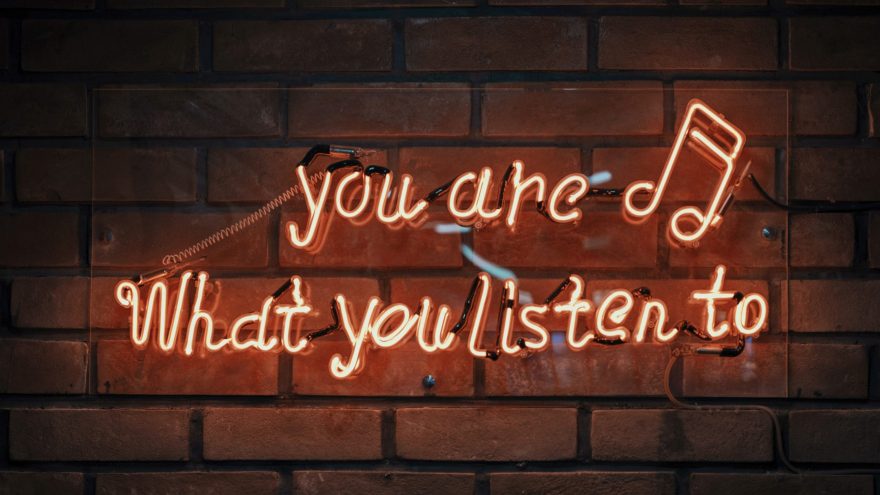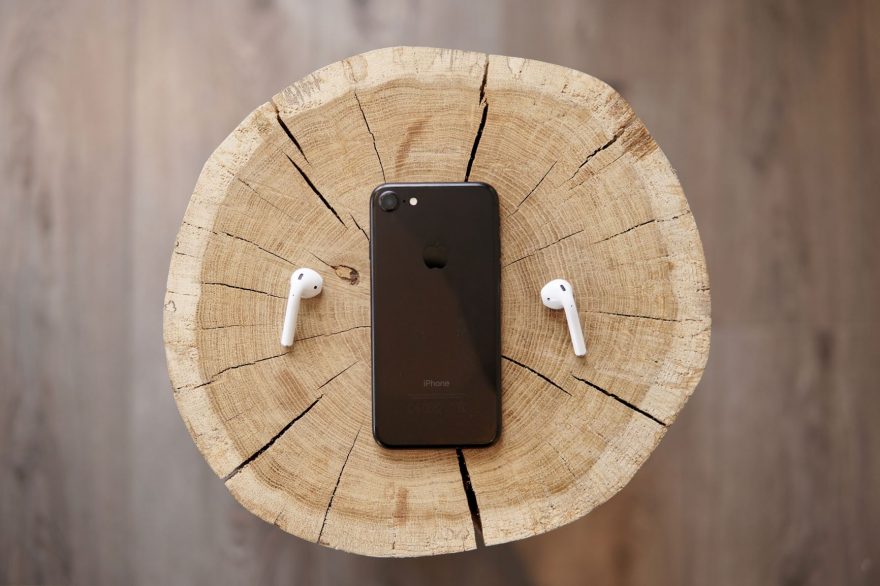In this podcast, Rob and Ricky don their capes and dive into the world of stellar communication. (what they get up to in their own time is up to them!) What does it take to be a true communication superhero in an era riddled with distractions, impatience, and information overload?
Being an effective communicator isn’t just about conveying messages; it’s about understanding, connecting, and making an impact. Yet, many of us falter, whether it’s due to a lack of skills, a disregard for respect and courtesy, or simply a scattered focus and lack of purpose in our interactions.
In this episode, they dissect the critical skills that often go amiss in daily communications. They look at areas such as the role of respect and courtesy in dialogue and deep into the importance of having a clear focus and purpose behind every word and gesture.
They also provide actionable steps, techniques, and insights to help you rise above these challenges. It’s time to transition from a communication novice to a true communication superhero. Capes are optional.





